[ad_1]
Seven swing states help determine the presidential election outcome. For the series “We the Voters,” NPR’s Leila Fadel talks to “All Things Considered” host Ari Shapiro about his visit to Wisconsin.
LEILA FADEL, HOST:
In some states, people are already voting for president. And from now until November 5, hosts of MORNING EDITION and All Things Considered are spending time in seven of the states that are likely to determine who wins. It’s a series called “We, The Voters.” Last week’s reporting took us to Nevada, where people talked to us about housing, proposals on no tipping. We even were at a rodeo. And this week, we’ll hear from All Things Considered host Ari Shapiro, from the key swing state of Wisconsin. Hi, Ari.
ARI SHAPIRO, BYLINE: Hi, Leila.
FADEL: So where are you in Wisconsin right now?
SHAPIRO: I’m overlooking Lake Michigan, and this is the start of a street that is called North Avenue. It runs for 15 miles, right through the heart of Milwaukee, out into the suburbs. And so as you travel this road, you get a little slice of a lot of things. There are college students, diverse working-class urban neighborhoods, small business owners, nursing homes. Basically, like, any demographic group that you want to find in Wisconsin, short of maybe the farmers, you can find them along North Avenue, where we are right now.
FADEL: All right. That’s great. Good place to talk to people – is there one demographic group in particular that you think is likely to decide which way Wisconsin goes?
SHAPIRO: Hot take – no.
FADEL: Oh.
SHAPIRO: Yeah, let me explain. In the last two presidential elections, this state of nearly six million people was decided by about 20,000 votes.
FADEL: Wow.
SHAPIRO: It went for Trump in 2016, Biden in 2020. And so when less than 1% can determine the outcome, literally any tiny movement of any group could swing it to Harris or Trump.
FADEL: Will you introduce us to someone you met there?
SHAPIRO: Can I introduce you to two?
FADEL: Yes, please.
(LAUGHTER)
SHAPIRO: OK. These are two contrasting views. The first is Louise Fogelstrom, who’s been married to her husband for 63 years. She lives in a retirement home out in the conservative suburbs, and she used to be a cheerleader.
LOUISE FOGELSTROM: Stand them on their head. Stand them on their feet. Trump can’t be beat. Hey, I just came up with that.
FADEL: (Laughter).
SHAPIRO: She and her husband, as you can hear, have strong feelings. They do not like Harris based on her position on immigration policy.
FADEL: I gathered that.
SHAPIRO: They admire Trump’s business background and his personality. The second person I want to introduce you to is actually a couple. They’re just starting their family. They were closer to the city of Milwaukee when we met them at this cafe and play space. Chris and Leah Bomber were with their 14-month-old boy.
LEAH BOMBER: Jude is our first son, out of an IVF pregnancy, and so the election is going to be really important to us.
CHRIS BOMBER: I hate that so much of our life is in the balance, as well, that, like, because we have eggs in the freezer, if Trump gets elected – that there’s a very good chance that legislation goes into effect that makes our situation illegal. And that’s…
SHAPIRO: You don’t believe him when he says, I support IVF?
C BOMBER: No. Not even a little bit, no.
FADEL: OK, Ari, so I’m hearing from the people you spoke to things that we’ve heard in other parts of the U.S. And I’d love for you to just take a step back and tell us more about how Wisconsin fits into some of those broader national political trends that we’re seeing this year.
SHAPIRO: You know, one political scientist I spoke to about this, Anthony Chergosky of the University of Wisconsin-LaCrosse, told me Wisconsin is a more extreme version of trends we are seeing all over the country – a sharp divide between political parties, Republican erosion in the suburbs, Democratic erosion in rural areas. That’s happening all over the place but especially in Wisconsin.
FADEL: That’s our colleague Ari Shapiro in Milwaukee, and you can hear his reporting from Wisconsin all this week on All Things Considered. Thanks, Ari.
SHAPIRO: Thanks, Leila.
Copyright © 2024 NPR. All rights reserved. Visit our website terms of use and permissions pages at www.npr.org for further information.
NPR transcripts are created on a rush deadline by an NPR contractor. This text may not be in its final form and may be updated or revised in the future. Accuracy and availability may vary. The authoritative record of NPR’s programming is the audio record.
[ad_2]